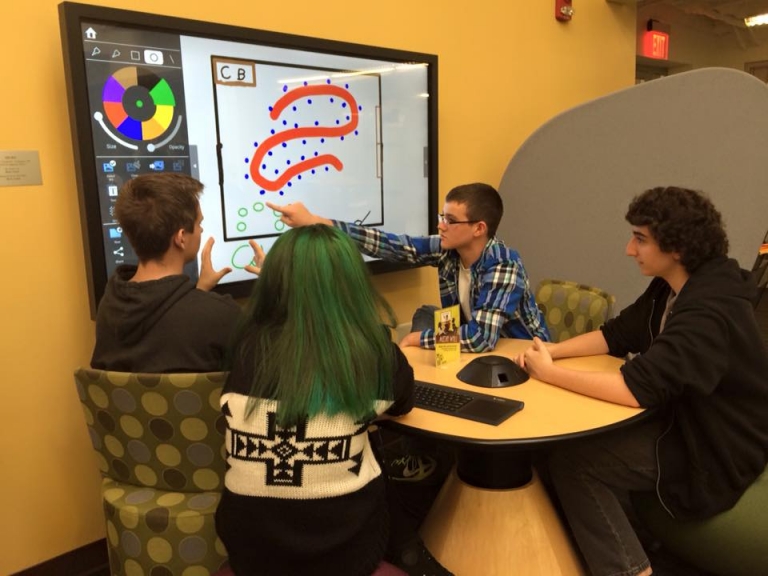Research and Information Fluency
If you are beginning your first research project, you may be feeling overwhelmed or lost. Even if you've got a few research projects under your belt, tackling a new project can still be intimidating, especially if you are unfamiliar with your topic or are exploring a new area of study. You are not alone. Practiced researchers may also experience anxiety when approaching a new research project, because they know - even more so than the inexperienced researcher - of the hard work, frustration, and confusion that may await them; however, they also know the satisfaction that comes from a question answered or a job well-done.
At this point, you may be asking yourself, How do I find a topic? What kind of information do I need? Where should I start my search? How do I know if the information I find is good? This section will help you begin to answer these questions, and more, by defining four research steps.
As you explore the steps, keep in mind that research is a process, not a product. Research does not exist in a vacuum; when we research, we research with a purpose - however undefined it may be - in mind. In order to be efficient and effective and avoid stress while researching, it is important to remember that research is not a linear process; you may modify or repeat steps depending on your initial familiarity with a topic or what your research reveals about a topic.
Always be mindful of the end product, too. Your approach to research and information may vary depending on the type of product you will produce (written, oral, visual, multimodal) and the audience to which you will present your research.
And don't forget that practice makes perfect - the more time you commit to honing your information fluency skills researching, evaluating information, and writing/thinking/talking about research and information, the more information fluent you become. If you want to learn more about information fluency, check out the ACRL's Information Literacy Competency Standards for Higher Education.

